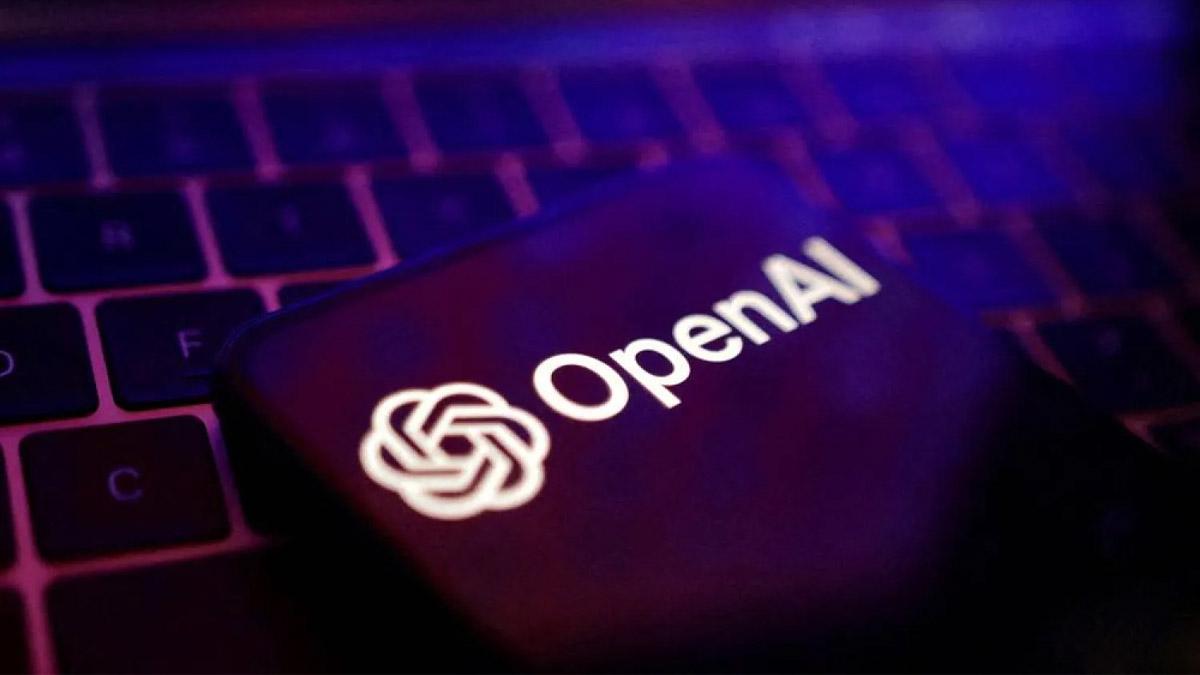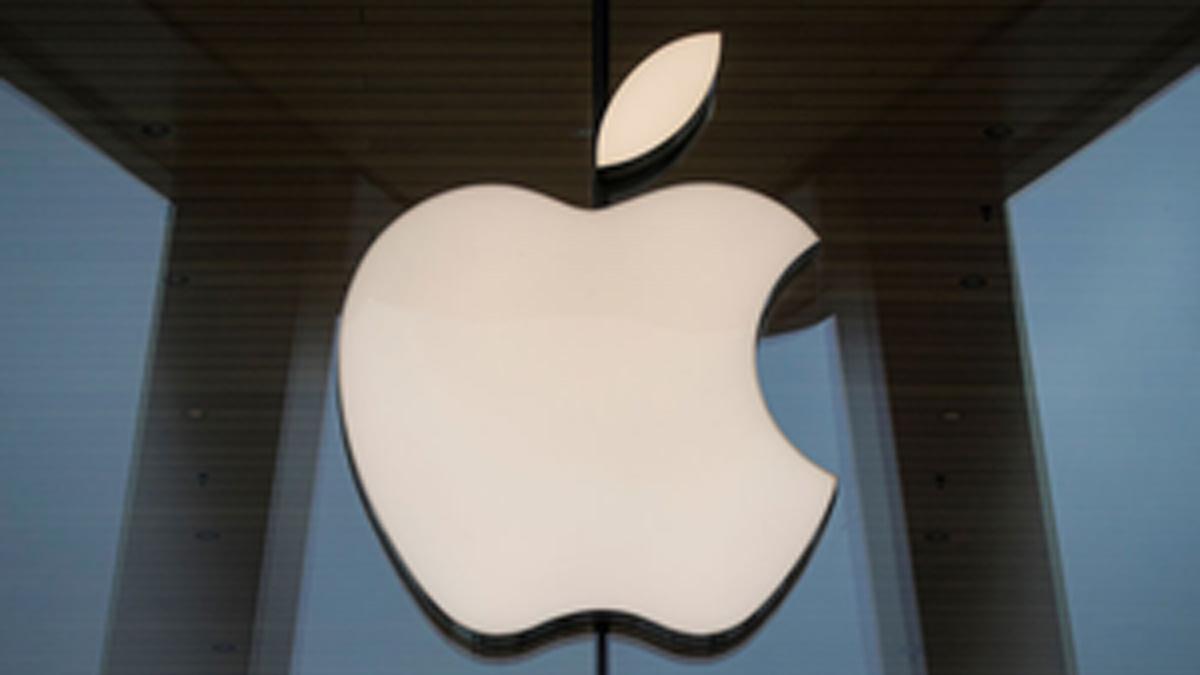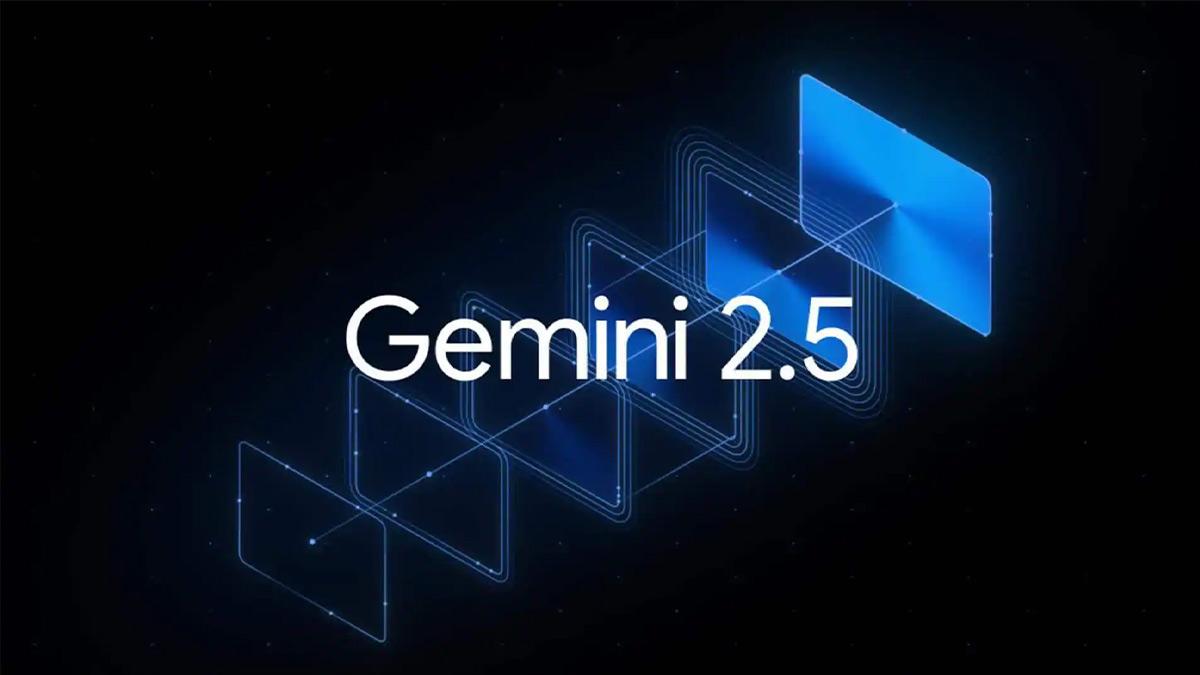OpenAI on Friday outlined plans to revamp its structure, saying it would create a public benefit corporation to make it easier to “raise more capital than we’d imagined,” and remove the restrictions imposed on the startup by its current nonprofit parent.
The acknowledgment and detailed reasoning behind its high-profile restructuring confirmed a Reuters report in September, which sparked debate among corporate watchdogs and tech moguls including Elon Musk.
In question were the implications such a move might have on whether OpenAI would fairly allocate its assets to the nonprofit arm, and how the company would strike a balance between making a profit and generating social and public good as it develops AI.
Under the proposed plan, the ChatGPT maker's existing for-profit arm would become a Delaware-based public benefit corporation- a structure designed to take into consideration the interests of society along with shareholder value.
OpenAI has been looking to make changes in order to attract further investment; the expensive pursuit of artificial general intelligence, or AI that surpasses human intelligence, heats up.
Reuters reported in October that its latest $6.6 billion funding round at a valuation of $157 billion was dependent on whether the ChatGPT-maker could upend its corporate structure and remove a profit cap for investors within two years.
The nonprofit will have a "significant interest" in the PBC in the form of shares as determined by independent financial advisers, according to OpenAI in a blog post, which described it as one of the "best resourced nonprofits in history.
OpenAI started in 2015 as a research-focused nonprofit but created a for-profit unit four years later to secure funding for the high costs of AI development. Its unusual structure gave control of the for-profit unit to the nonprofit and was in focus last year when Sam Altman was fired as CEO only to return days later after employees rebelled.
'CRITICAL STEP'
“We once again need to raise more capital than we’d imagined. Investors want to back us but, at this scale of capital, need conventional equity and less structural bespokeness,” the Microsoft-backed startup said on Friday.
“The hundreds of billions of dollars that major companies are now investing into AI development show what it will really take for OpenAI to continue pursuing the mission.”
Its plans to form a PBC would put the startup on par with competitors such as Anthropic and the Musk-owned xAI, which also use a similar structure and recently raised billions in funding.
Anthropic secured another $4 billion investment from existing investor Amazon.com last month, while xAI raised around $6 billion in equity financing earlier in December.
“The key to the announcement is that the for-profit side of OpenAI ‘will run and control OpenAI’s operations and business,'” DA Davidson & Co analyst Gil Luria said.
“This is the critical step the company needs to make in order to continue fund raising,” Luria said, although he added that the move did “not necessitate OpenAI going public.”
The startup could, however, face some hurdles in the plan.
Musk, an OpenAI co-founder who later left and is now one of the startup's most vocal critics, is trying to stop the plan and in August sued OpenAI and Altman. According to the lawsuit, OpenAI violated contract provisions in putting profit ahead of public good in the push to advance AI.
Earlier this month, OpenAI asked a federal judge to dismiss the request of Musk and released a cache of messages it sent with Musk to help bolster the argument that the businessman had initially supported open for-profit status for the firm but reneged from it when he failed to achieve majority equity stake or take control.
Meta Platforms is also calling on California's attorney general to prevent OpenAI from becoming a for-profit company, according to a copy of a letter that was seen by Reuters.
Becoming a benefit corporation does not itself ensure that a company will place its stated mission above profit because, said Ann Lipton, a corporate law professor at Tulane Law School, the legal requirements of that status only that the company's board "balance" its mission and profit-making concerns.
The only reason to choose benefit form over any other corporate form is the declaration to the public," she said. "It doesn't actually have any real enforcement power behind it," she said.
In practice, she said, it is the shareholders who own a controlling stake in the company who get to decide how closely a public benefit company sticks to its mission, Lipton said.
Read also| Elon Musk’s X Increases Premium+ Subscription Prices by 35% in India and Worldwide
Read also| India's Mobile Subscriptions Reach 115.12 Crore: Centre


















